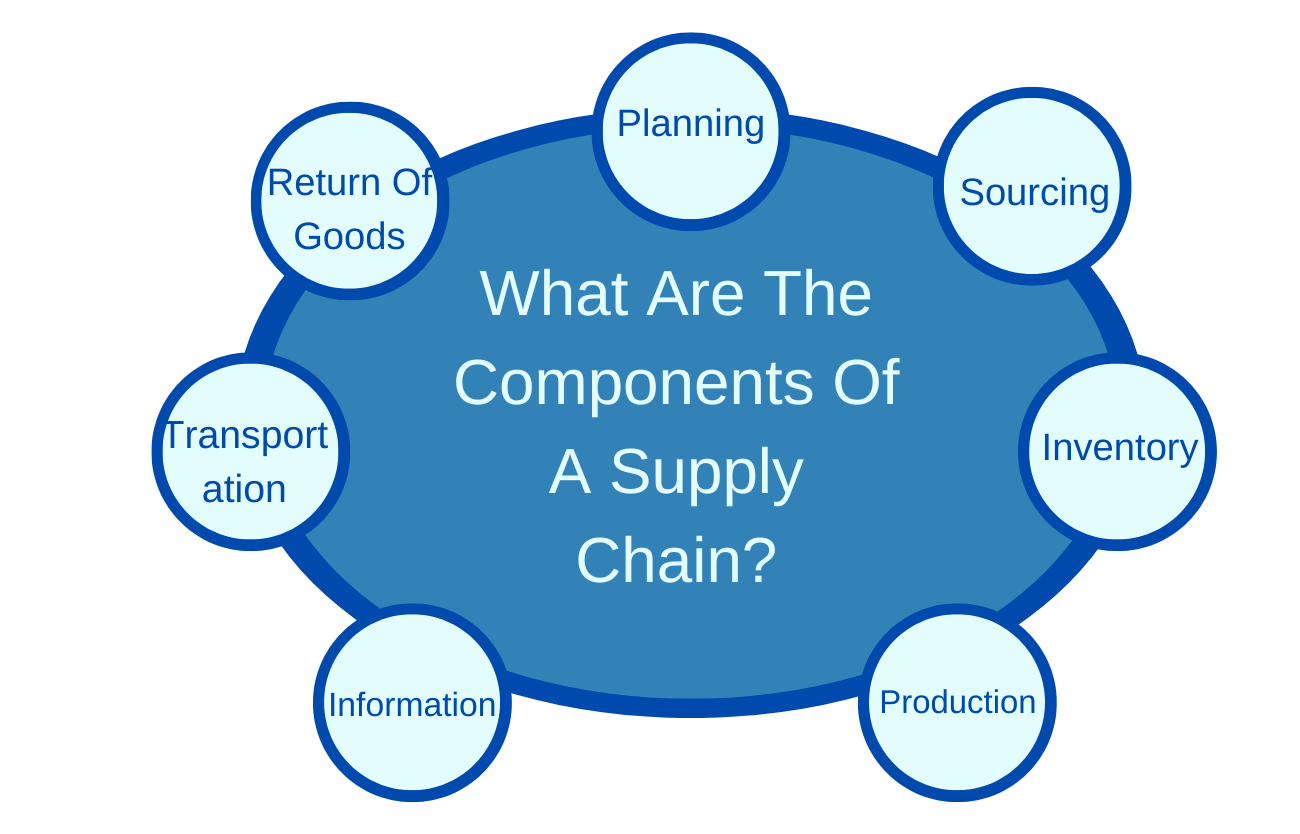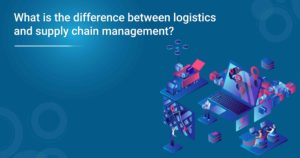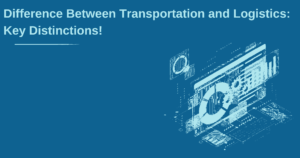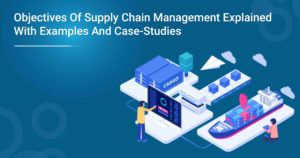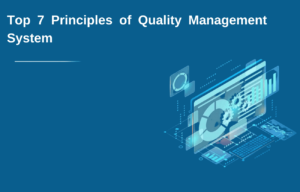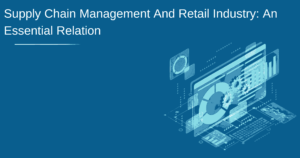Customer satisfaction and improving profits are the two main objectives of every company. Without loyal customers, a company can’t grow. Profits are also essential for the development of the organisation. To achieve these, one must know what factors affect these two goals and how to ensure them. The supply chain is one of the functions that assumes great importance in ensuring customer satisfaction and profits. It is possible to improve both by optimising the supply chain. A supply chain analyst is what companies need for this job.
The Advanced Executive Certificate Course In Supply Chain Strategy And Project Management teaches its participants how to optimise the supply chain to meet company goals. You can learn more details about this course on our website.
Who Is A Supply Chain Analyst?
A supply chain analyst monitors various elements of the supply chain to ensure it is functioning at its full potential. These professionals normally work on certain projects for the organisation. When a new product is launched, they will check the supply chain to find ways to deliver the product to the customer quickly at the least expenditure. They may also negotiate with suppliers to get the best price and high-quality raw materials. Some organisations also employ them to explore new transportation methods to reduce expenses.
In e-commerce companies, the supply chain plays a critical role as customer delivery demands keep increasing. Today most companies offer same-day or next-day delivery, which means there cannot be any lag in the supply chain. The supply chain analyst will keep a keen eye to ensure that everything works smoothly and information passes quickly from one area to another. They will also keep getting information from the market regarding customer requirements and market behaviour. These professionals are very important, and the supply chain is critical in ensuring customer satisfaction and cost reduction.
What Do Supply Chain Analysts Do?
Now that we know who they are, it is essential to know what they do and their responsibilities. Their main task is to collect data from the supply chain and implement the most suitable methods for this function. A supply chain analyst coordinates with employees in the department and ensures that all tasks are completed successfully. These professionals must also ensure that all the criteria for supply chains are met without any deviation. They conduct inventory analysis regularly because that is one area where the company can lose money. They submit the report to the top management.
A supply chain analyst watches carefully to see if the function has any hazards. They will resolve the issue quickly to see that the company’s profitability and customer satisfaction are not affected. Regular interaction with vendors and getting the best quality and price are their responsibilities. They look for new vendors to get a better price while also keeping in touch with all suppliers to get the latest information on price and availability. They evaluate the transport methods and explore more effective and economical ways. These professionals implement the expansion of the supply chain.
What Are The Components Of A Supply Chain?
Before we look at what skills a supply chain analyst needs, it is essential to understand the various components of the supply chain.
Planning
1. Demand Planning
Everything a company does depends on the demand it has for the product. Only if organisations know how much product the market can consume can they plan for production. On this basis, the firm will purchase raw materials and arrange for their storage. Modern techniques like predictive analytics help forecast the demand accurately.
2. Raw Material Planning
Once the company knows the number of raw materials required, it can plan to source them from suppliers. They must know the exact quantity of each raw material they must buy. The supply chain analyst will help the purchasing team find the most suitable supplier and source materials at the best price.
3. Production Planning
Once the raw materials have been ordered from the supplier, the factory must be kept ready to start processing them. The production team will plan and schedule the production. They will ensure that all the machines are ready and in good condition to produce the goods.
4. Delivery Planning
It is not enough to produce the goods. The company must deliver them promptly to the customers to ensure their satisfaction. Proper transport must be arranged and made sure that they are available at the best price.
Sourcing
1. Finding A Supplier
Finding good suppliers is essential for organisations to ensure a regular supply of finished goods to customers. Companies must find those who can supply all the raw materials and deliver them on time. They must ensure to get the items at the most economical price.
2. Finalising The Vendor
Once the vendor has been identified, the company must finalise all details like price, quantity and delivery. The supply chain analyst can help arrive at the best price and delivery methods. The finalised details must be recorded and information sent to all concerned.
3. Delivery Modes
Companies use different delivery modes for raw materials. There are continuous replenishment, just-in-time and on-time delivery models. The models the company selects depend on the type of demand it gets from its customers.
4. Entering Into A Contract
Oral agreements have no value, which can lead to future disputes. All the finalised details must be recorded and signed by both parties. The details will include the quantity, quality, price and delivery methods for the raw materials.
Inventory
1. Assures Customer Satisfaction
Having the right inventory helps deliver goods to customers as per their requirements. It ensures customer satisfaction and loyalty. Maintaining inventory is expensive, but the firm must do it to fulfil orders on time.
2. Inventory Cost
Keeping raw materials and finished goods in stock costs the company. But they are needed to ensure prompt production and delivery of goods. A supply chain analyst can arrive at the optimal stocks to maintain and save the company money.
3. Recording Inventory
Maintaining an inventory record is essential to ensure no excess or shortage of goods. Companies use a periodical method to record the inventory. Some companies also record this every time goods arrive or leave the warehouse. That method needs special software.
4. Inventory Analysis
Analysing the changes in inventory helps the company know how demand changes over time. It will help optimise the inventory and save money. The exercise will also ensure that the company doesn’t fail to deliver to customers promptly.
Also Read: Top Certification Courses In Supply Chain Management For Professionals
Production
1. Unit Production
In this type, only one unit of the item is produced at a time. It will be made as per the requirements of the customer. The raw materials inventory will be very low as the company buys them only after confirming an order. Customised products like dresses, cars, etc., are made this way.
2. Batch Production
It is usually practised in consumer goods industries. They must make different variants of the same product. Once the production starts, it will stop only after a batch of a specific quantity has been made. The batches are decided as per the orders received.
3. Mass Production
The automobile industry is a clear example of this type of production. Exactly the same model of goods is produced in large numbers without any change in the process or specification. Each station in the assembly must complete a specific task in the time allotted to them. A supply chain analyst can lay down the exact tasks to be completed in each station.
4. Continuous Production
This differs from mass production in that there are no breaks in production, and most of it is automated. All one has to do is keep feeding raw materials. Most plastic items are made using this production method.
One can learn all about production processes in the Advanced Executive Certificate Course In Supply Chain Strategy And Operations Management offered by reputed institutions. All details about the course are available on our website.
Information
1. Information For Order Fulfilment
Prompt information about customer requirements helps the company fulfil orders and keep the customers satisfied. Sales teams must ensure that orders from customers are passed on to the production team on time to ensure prompt delivery. Distributor information about stock requirements must reach the firm on time.
2. Reduces Costs
Keeping inventory is an investment without any returns. So companies must ensure that they only keep the minimum inventory required to satisfy customer needs. Accurate sales forecasting helps the company keep just the necessary raw materials and finished goods.
3. Raw Material Stocks
Having the right information about market demands helps to maintain the right quantity of raw materials. The supply chain analyst keeps regular contact with suppliers to know if any shortage of materials or price increase is expected in the near future. These professionals can help finalise the optimum inventory.
4. Delivery Information
What costumes love most about online sellers is the information they get with regard to the delivery of their orders. Costumes know exactly when their materials will arrive and where they are at any particular moment. Such information keeps customers happy and loyal to the brand.
Transportation
1. Cost Of Goods
Transportation is a major part of a product’s cost. This is why companies must make sure that they use the most economical mode of transport possible. Depending on the returns they get from different products, they can use different modes of transport and save money.
2. Customer Satisfaction
Customer satisfaction is of prime importance to all companies. Without that, they can expect customers to come back to them. Buyers are getting used to faster deliveries that can cost the company more and affect profitability. Companies must negotiate with transporters and get the best price.
3. Prioritising Shipments
Transportation is expensive, and hence companies must look into this aspect of the supply chain and find out the most suitable method for different customers. A supply chain analyst can study the behaviour of customers and advice the company where fast delivery is needed and where they can afford to use slower and cheaper transport.
4. Anticipating And Overcoming Risks
Transportation is rife with risks. There can be risks due to bad roads, weather conditions and other man-made disruptions. Companies must be able to accurately forecast the risks and find the best way to send goods without extra costs while ensuring prompt delivery.
Return Of Goods
1. Return Policy
Returns cannot be avoided, so companies must include this as a policy. Good return involves all departments, and hence everyone must be aware of the policy. It is also an activity that will ensure more stringent quality control.
2. Gatekeeping And Disposition
Gatekeeping is the process of recording the return of goods. Companies must have a clear record of what goods are coming back and how much it costs to take them back. If the cost of getting a product back is too much, it is better to refund the customer and not take the materials back.
3. Re-entry And Reselling
It is important to enter the returned goods into the inventory. This will ensure visibility and help and disposition of goods quickly. There must be a clear record of those needing repair or refurbishments and those that can be sold again.
4. Linking With Performance
Returns are part of the responsibility of the sales team, and they must understand this. It makes sense to link returns handling with their performance. The supply chain analyst can help align returns handling with sales performance and create the correct method of evaluating this activity.
Skills Needed For A Supply Chain Analyst
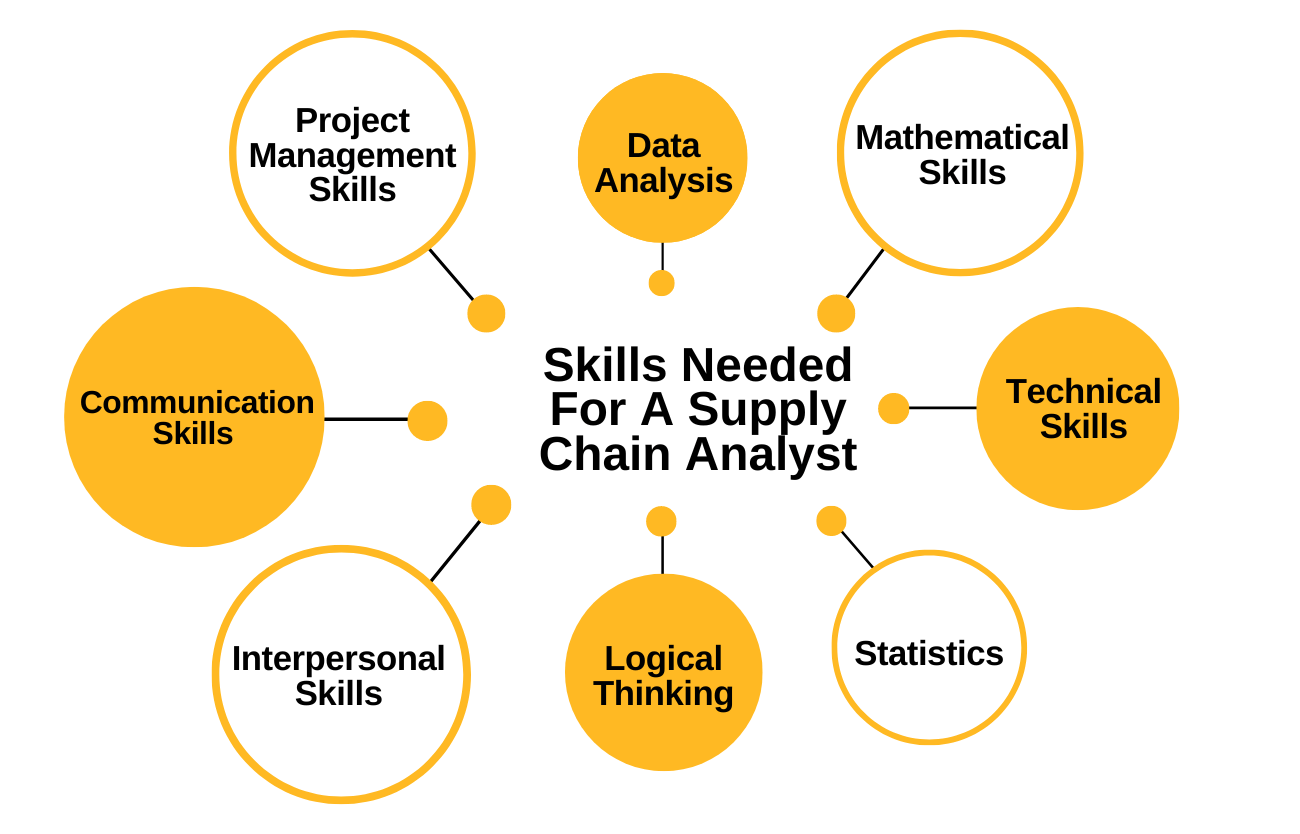
- Data Analysis
The prime duty of a supply chain analyst is to analyse the various parts of a supply chain and optimise it. These professionals must evaluate the performance of every component and optimise them so that the company can ensure efficiency and reduce costs.
- Mathematical Skills
A supply chain includes lots of costs. It is the duty of the analyst to calculate these and arrive at methods to reduce expenses. This necessitates these experts to have excellent mathematical skills.
- Technical Skills
As the supply chain analyst has to gather and analyse various types of data, they must be good at using tools that help in the job. They must be proficient in SQL, Excel and other tools that help in data analytics.
- Statistics
The analyst must be good in statistics as they must analyse large data sets. They must also prepare reports and submit them in a way that others can understand.
- Logical Thinking
It is not just enough to analyse data and come up with the results. These professionals must also ensure that the solutions they offer are suitable for the organisation and will result in cost savings. This requires them to possess good logical thinking capabilities.
- Interpersonal Skills
An analyst must interact with various people inside and outside the company. They must be able to gather the information that is crucial for their analysis. This requires them to possess qualities like empathy and active listening. These interpersonal skills help them collect the necessary data.
- Communication Skills
The supply chain analyst must be able to communicate the findings to the internal teams for the next step. This requires both oral and written skills. These skills also help them convey messages to outside entities like vendors, transporters and distributors.
- Project Management Skills
Most of these professionals work on specific projects like reducing inventory costs, optimising production or finding the most economical transport methods. This requires them to possess excellent project management skills to complete their tasks on time and effectively.
Also Read: An Ultimate Guide To Demand Sensing: Definition & Frameworks
How To Become A Supply Chain Analyst
Get A Bachelor’s Degree – While this is not a necessity, having a degree in management can help you get a job quickly. It also helps you in your work, as there are various tasks to be managed effectively. A management course equips you with many skills needed for the job.
Acquire The Necessary Skills
You may have acquired many skills in your management course. You must join certification courses and obtain the other capabilities that are needed for the job. These qualities will help you do your work more efficiently.
Join An Entry-Level Job
Before looking at a full supply chain analyst job, you must make yourself more experienced in the job by joining an entry-level job. You can also look for internships in big companies to familiarise yourself with how supply chains function in such firms. It will also help you develop a good network. Our AI Supply Chain Management course provides additional skills, such as AI SCM tools, product design, etc., which can help you clear the interview easily. Enroll now!
You can acquire all the necessary skills for the job by enrolling on the Advanced Executive Certificate Course In Supply Chain Strategy And Operations Management. Our website has all the details about this programme and what it offers for those aspiring for the job.
Summing Up
A supply chain is a crucial function in any organisation, and they don’t want their operations affected by any deficiency in this department. This is why firms are looking at optimising this function continuously. It helps them make deliveries faster and earn customer loyalty. An efficient supply chain also enables companies to save money and improve their profitability. There is always a demand for those who can analyse the process and come up with solutions that help companies save money and improve customer satisfaction.
More Information:
Supply Chain Design: What Is It And Why Is It Important?
What is Supply Chain Consulting? Meaning and Frameworks







